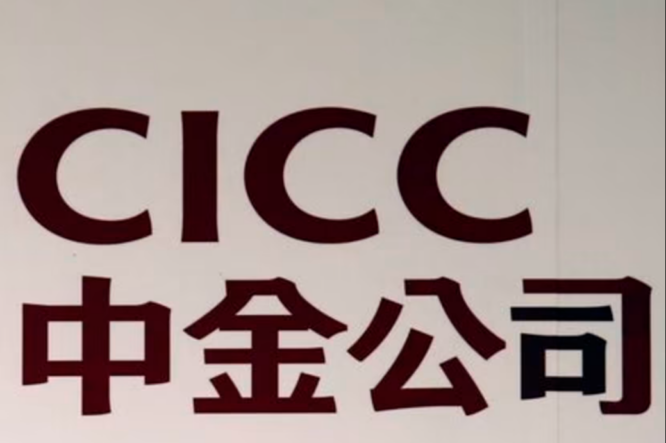CICC Capital bans consultancy company Capvision amid China crackdown 2023

CICC Capital, a subsidiary of the leading Chinese investment bank China International Capital Corp (CICC) (3908. HK), has ceased using Capvision Partners’ services, according to three sources, as some financial institutions reevaluate their ties with China’s largest “expert network” organization.
Capvision is the most recent consulting and due diligence firm to fall victim to Beijing’s comprehensive assault on what state media describes as “intensifying” national security-related law enforcement.
The research division of CICC Capital stated in an internal memo dated Tuesday, which was validated by sources with direct knowledge, that it would prohibit all of its teams from using Capvision for due diligence-related expert calls and inquiries.
The ban will take effect immediately, according to the memo, which also instructed its teams to review previous interactions with Capvision.
CICC Capital’s investment teams are prohibited from using Capvision for such expert contacts or inquiries, according to unnamed sources who were not authorized to speak to the media.

CICC Capital can still utilize other consulting firms for such practices.
The CICC, which manages media inquiries regarding the alternative investment division, declined to comment. Capvision did not respond promptly to a request for comment from Reuters.
CICC Capital manages 360 billion yuan ($52 billion) in assets as of the end of 2022.
This week, Chinese police raided Capvision offices over national security concerns, according to state-run media.
Capvision, which operates the largest expert network group in China and has offices in eight locations around the globe, was featured in a series of news reports on Monday, including a 15-minute segment on state television CCTV.
According to the CCTV report, Capvision had accepted contracts from foreign companies to gather information, including “state secrets and intelligence,” on sensitive industries, such as defense and advanced technology.
The crackdown on Capvision follows a search on the Beijing office of U.S. corporate due diligence firm Mintz and precedes the July 1 implementation of revisions to China’s anti-espionage law that could ensnare additional companies.
Especially after a three-year closure under COVID restrictions and a series of U.S. sanctions on Chinese firms and individuals that have unnerved investors, companies conducting business in China must conduct thorough due diligence.
In a nation where many businesses rely on subcontractors for due diligence, the investigations in China have sent a shiver through the business community, with some stating that it is unclear where the red lines are, compelling them to reevaluate their methods of operation.
“I believe they’ve stopped using subcontractors and doing it themselves because they’re afraid of sticking a finger in the wrong eye,” said a due diligence professional with industry knowledge in China.
A source at an Asian fund in Hong Kong stated that the fund had halted all dealings with Capvision in response to the CCTV report and instructed staff who had ever used the company’s services to “clean things up as much as possible.”
China has stated that it encourages foreign investment so long as companies adhere to its laws.
After the CCTV report, a second source from a Hong Kong-based hedge fund said their compliance team had ordered them to temporarily cease dealings with Capvision.
Capvision stated, in response to the report, that it would adhere firmly to China’s national security regulations and take the initiative to ensure compliance throughout the consulting industry.
A source from a Shanghai-based risk consulting firm told Reuters, “This is the clearest indication yet that the crackdown is aimed at the entire industry.”
“(We) may begin reviewing our operations to ensure compliance with the government’s most recent messaging,” said a source who requested anonymity due to the sensitivity of the matter.
